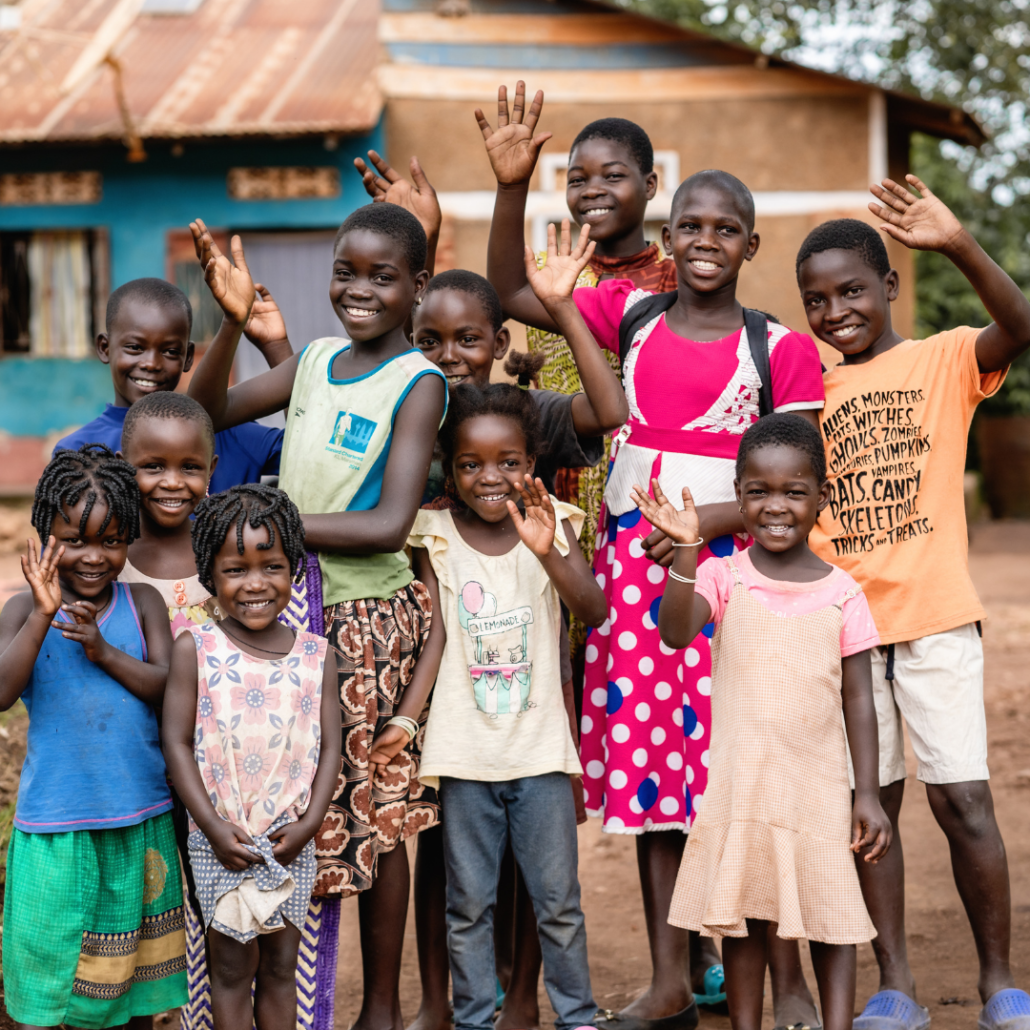Traditional Ugandan Family Structure
Family dynamics in Uganda have much in common with those in historical and current households elsewhere in the world. A traditional Uganda family has four major components: the mother, the father, the child, and elderly relatives. Each member has an important role to play in the Uganda family structure.
- Fathers. Fathers are considered the heads of their households, and as such, their main responsibilities are to look after the family’s well-being and continue its bloodline by engendering children. Men are not necessarily involved in childcare or the children’s upbringing, although studies show that the entire family benefits when they are.
- Mothers. Mothers are responsible for caring for both their husband and children. Their childbearing and child-rearing capabilities are of great importance: in Ugandan culture, having enough children to carry on the family name and bloodline is a high priority for families.
- Children. Children are inherently valued as future bearers of the metaphorical family torch. They are expected to help with household chores, farm work, and other tasks with which their mothers may need assistance.
- Grandparents and elderly relatives. In extended families, older relatives are important for helping with childcare and upbringing.
Major Changes in Ugandan Family Dynamics

Events in Uganda’s past and present, however, have had a profound impact on family structures and dynamics. The country has a long history of violent political conflicts, including a civil war in northern Uganda that began in the 1980s and lasted for over twenty years. Uganda has also been heavily affected by the 1990s AIDS crisis in Sub-Saharan Africa as well as the current COVID-19 pandemic. The human and economic losses related to these events and others have changed family structures considerably.
As of 2011, only 56% of Ugandan children aged 0-17 lived with both biological parents. 20% lived with their mother, 5% with their father, an
d 19% with neither parent. Many households are now headed by widows, single women, children under the age of 18, and orphans. Fragmented families can have greater difficulty obtaining a high-quality education, staying healthy, and getting sufficiently high-paying jobs. It’s important that they receive as much support as possible from humanitarian organizations, volunteers, and donors in order to thrive now and in the future.
Help Provide Educational Support and Essential Supplies for Children in Uganda
An excellent way to help Ugandan children and their families is to support African schools, which provide children with the tools they need to build a more promising future. Simone’s Kids in Nakaseke, Uganda provides education and meets basic needs for children in order to help them break the cycle of poverty. Your donations help purchase school supplies, textbooks, food, and other necessities for all Ugandan students in our care.
Join us in giving back this year with gifts that provide hope to our students in Uganda. Make a difference by shopping at the Simone’s Kids Store or donating to Simone’s Kids today!


Leave a Reply
Want to join the discussion?Feel free to contribute!